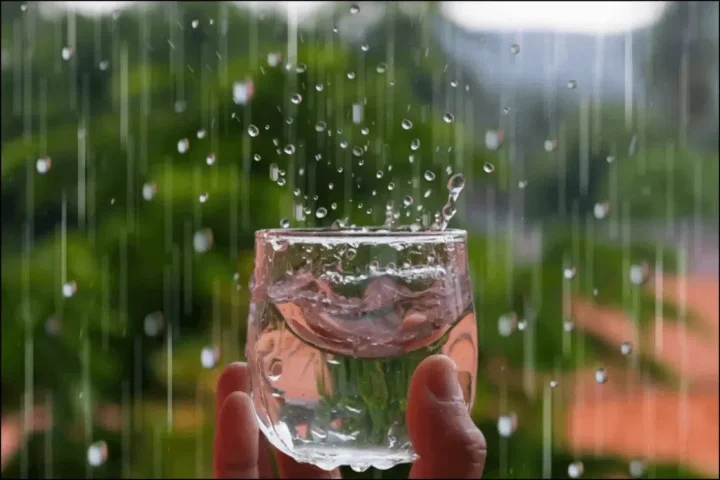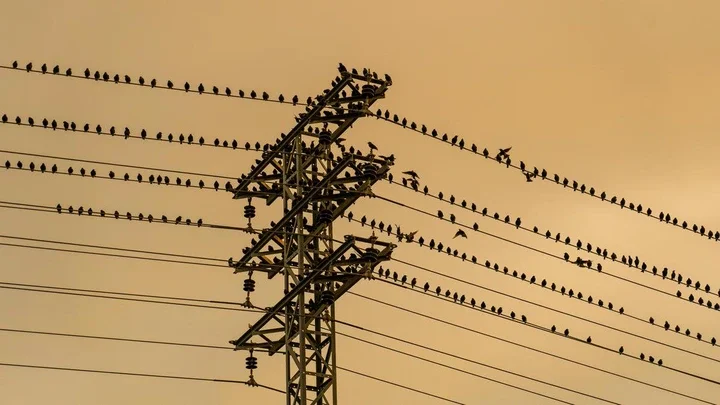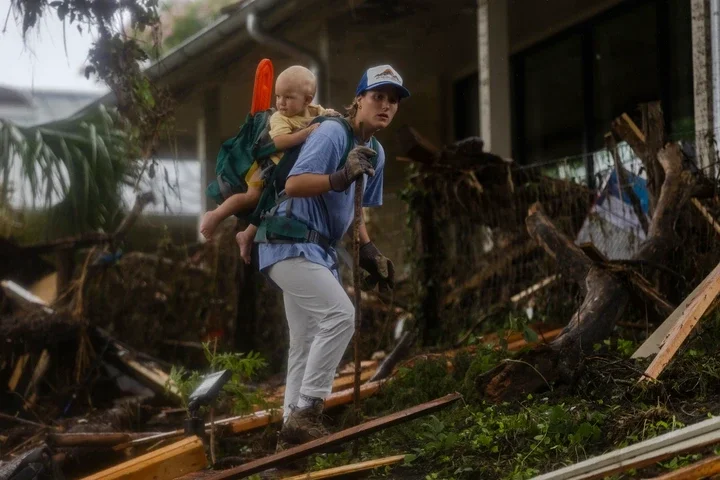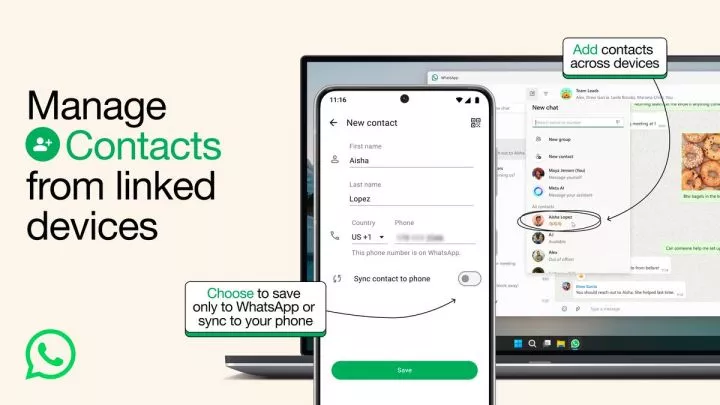
In Nigeria, especially during the rainy season, many households collect rainwater in buckets, tanks, or bowls. It's free, feels clean, and falls straight from the sky. But is it actually safe to drink?
The short answer? Not always. Just because something feels natural doesn't mean it's safe.
According to a 2021 UNICEF report, millions of Nigerians still rely on unsafe water sources, and rainwater harvesting remains a major practice in rural and underserved areas.
Why some people still drink rainwater
In many Nigerian homes, particularly in rural areas and urban slums, pipe-borne water is either unreliable or nonexistent. As a result, people turn to alternatives: wells, sachet water (pure water), and, when it rains, rainwater.
Rainwater is seen as a convenient and "cleaner" choice. It hasn't been treated with chemicals like chlorine, and it doesn't carry the salty aftertaste that borehole water sometimes has. But the appeal goes beyond just taste. It's also about access. For low-income families, collecting rainwater helps reduce spending on water for cooking, bathing, and even drinking
What's really in rainwater?
While rain starts off as clean vapour from the atmosphere, it picks up pollutants as it falls to the ground. Pollutants from vehicle emissions, industrial smoke, and generator fumes, all common in Nigerian cities, can dissolve into the water as it falls.
By the time rainwater lands on your zinc or asbestos rooftop and flows into your storage tank, it may have picked up more than just dust. Bird droppings, dead insects, mould, and rust particles are all common contaminants, and most of them are invisible to the naked eye. In short? That seemingly harmless bowl of rainwater might be carrying some serious health risks.
Is rainwater ever safe to drink?

Yes, but only if it's properly collected, treated, and stored. According to the Centres for Disease Control and Prevention (CDC), rainwater should never be consumed without treatment because it can carry E. coli, Salmonella, and other harmful microorganisms.
To make rainwater safe enough for drinking, you need to follow a few essential steps:
Collect from a clean surface and avoid rusted, dusty, or bird-poop-covered roofs.
Filter the water, as this helps remove leaves, debris, and microorganisms.
Boil or disinfect it using UV treatment, chlorine, or water-purifying tablets.
Store in a sealed, clean container and keep it away from heat or animals.
Even then, health experts still recommend using rainwater as a backup, not a primary drinking source, unless no other clean source is available.
Risks of drinking untreated rainwater
When rainwater isn't treated, it can cause more harm than good. Diarrhoea, typhoid, stomach infections, and even heavy metal poisoning are some of the health risks.
According to several health studies, long-term consumption of contaminated rainwater can lead to kidney issues, nervous system damage, and weakened immunity, particularly in vulnerable groups like children, pregnant women, and the elderly.
Fungal infections, mould exposure, and respiratory issues can also arise when water is stored improperly or becomes stagnant over time.
What experts recommend
Experts don't completely discourage rainwater use. In fact, many countries encourage it as a backup water source. But the golden rule is: Don't drink it untreated.
To make rainwater safer at home, experts recommend installing first-flush diverters (to discard the first wash of dirty water), pre-filtration systems, and always boiling or treating rainwater before consuming it.
Most importantly, your collection and storage containers must be regularly cleaned, tightly covered, and placed in a shaded area to reduce contamination risks.
Free doesn't mean safe
Rainwater may be a gift from the sky, but it's not automatically safe for drinking. In a world where air pollution and environmental contaminants are rising, rain is no longer as "pure" as it once was.
So if you must drink rainwater, treat it like you would any other raw water source. Filter it, disinfect it, and store it properly. Don't assume that "clear" means "clean." When it comes to your health, it's better to be safe than sorry.

















Comments